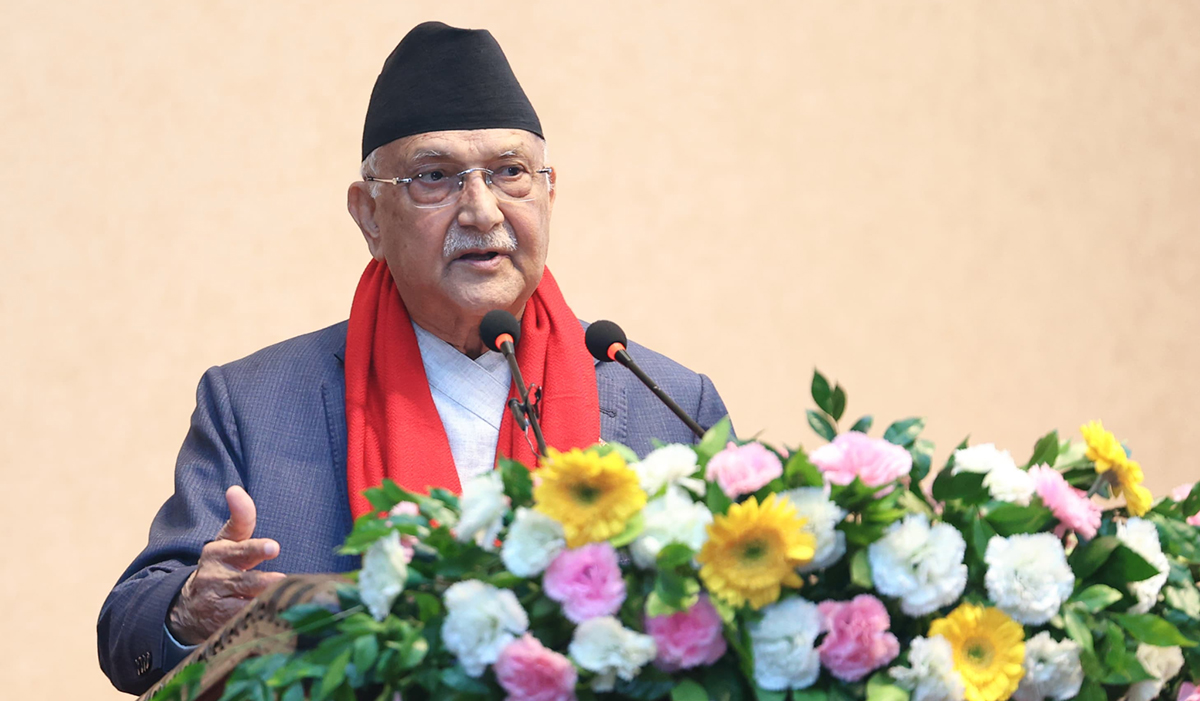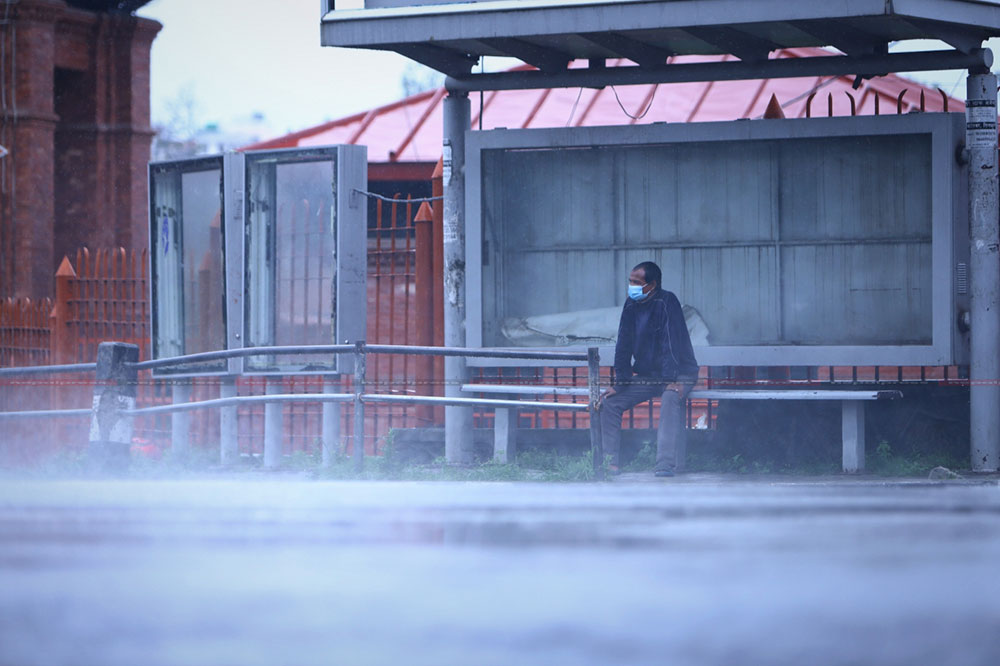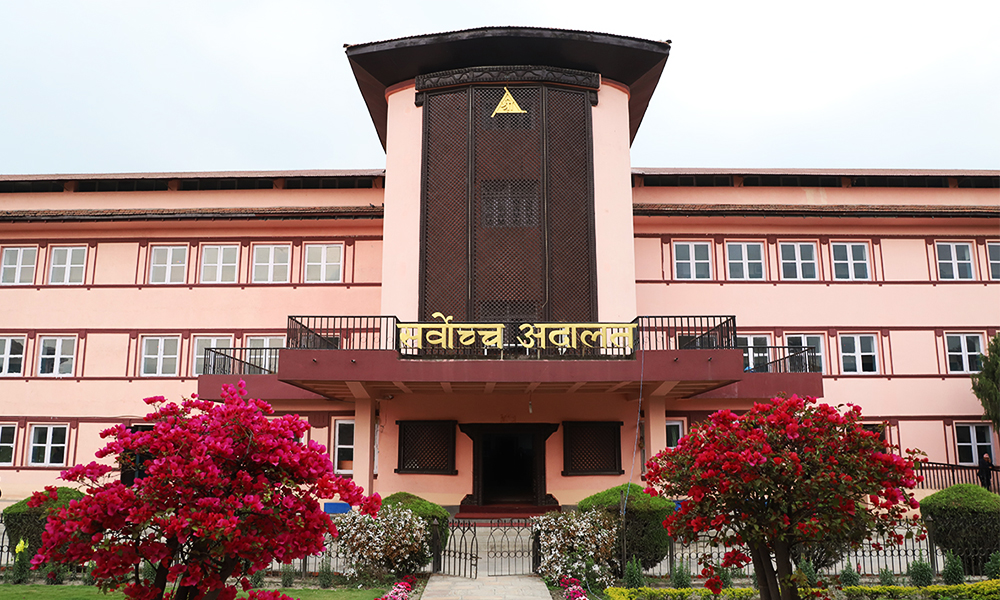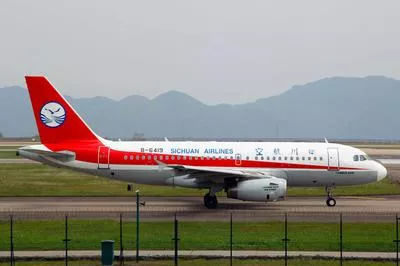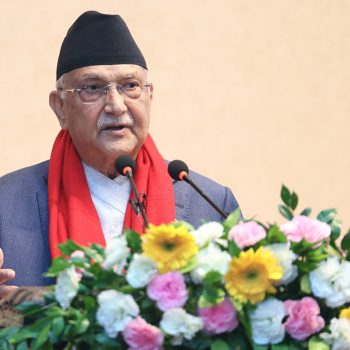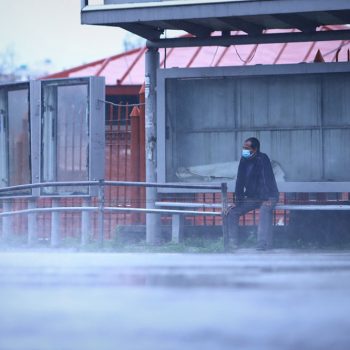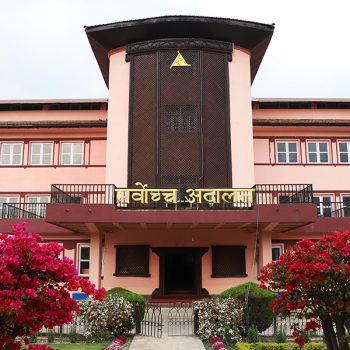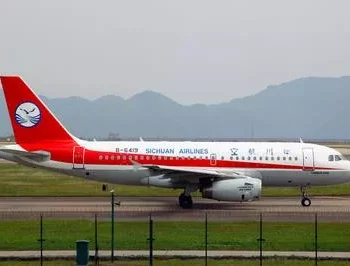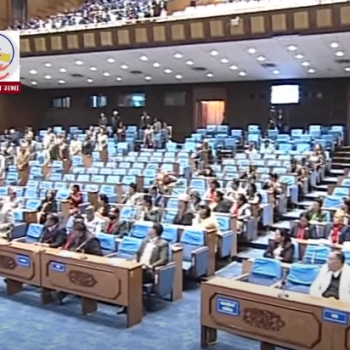Nepal and India agree on strengthening power transmission system
 NepalPress
NepalPress
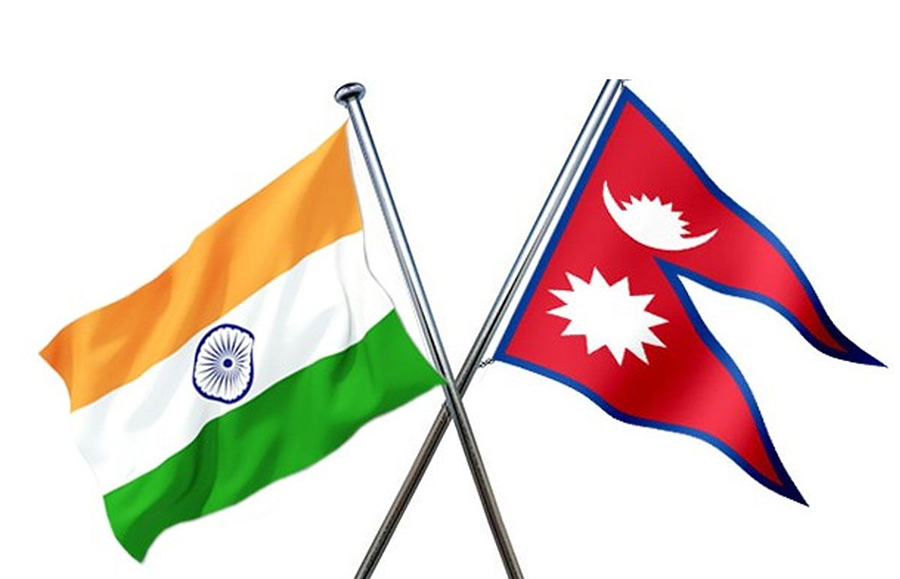
KATHMANDU: Nepal and India have held important discussions and agreed on eight various topics on the energy sector.
The 11th meeting of Nepal-India Energy Secretary Level Joint Steering Committee that concluded in Chitwan today has agreed on especially the topic of strengthening the electricity transmission system.
Nabin Raj Singh, Joint Secretary at the Ministry of Energy, Water Resources and Irrigation, said the meeting discussed various agenda prepared by the Joint-secretary level Joint Task Force.
Secretary at the Ministry of Energy, Water Resources and Irrigation, Gopal Prasad Sigdel, and Secretary at India’s Ministry of Energy, Pankaj Agrawal, co-chaired the meeting.
Before this, the 11th meeting of Nepal-India Energy Joint Task Force co-chaired by Joint-Secretary Singh and Joint-Secretary of India’s Ministry of Power, Dr D Saibaba, held necessary discussions on the existing, under-construction and proposed inter-country power transmission lines, various projects having Indian investment and the related transmission line projects, among other topics. The taskforce meeting also made recommendations to the Secretary-level meeting on these topics after discussing them.
However, it is said that most of the topics agreed upon this time shall be finalised by the technical groups, as these agreements are concerned more with technical topics.
The meeting made a decision on principle only since most of the topics are more technical-related, according to the Nepali high officials participating in the meeting.
Both sides have agreed on expanding the capacity of the Dhalkebar-Mujaffarpur Inter-country Transmission Line to 1,000 megawatts. Required infrastructures would be constructed at Dhalkebar substation for this purpose. At present, the export and import of 800 megawatts electricity is taking place from this transmission line.
The Joint Technical Committee will study and make necessary decisions on the topic of utilizing this transmission line in its maximum capacity. Nepal has also been paying the transmission fees for utilizing the full capacity of this transmission line.
The high officials of the Ministry of Energy who attended the meeting said that an important agreement has been made regarding utilization of the maximum capacity of the first inter-country transmission line linking Nepal and India.
Similarly, the Joint Technical Committee shall also take the necessary decision regarding determining the capacity of electricity that can be transmitted via the Dhalkebar-Sitamadhi 400-kV transmission line being constructed by the Indian company, Satluj Vidhyut Nigam. The Indian company is constructing this transmission line for exporting electricity to be produced from the Arun III Hydropower Project. This company, which is constructing the Arun-III project, has also taken responsibility for constructing other projects as well. It will take long until these projects are completed.
Likewise, the meeting has agreed that the Joint Technical Committee will conduct a study on the feasibility of exporting power up to 200 megawatts through the 132 kV Tanakpur Mahendranagar transmission line or other high-voltage capacity transmission lines.
The meeting has approved the process and procedure on electricity export and import between Nepal and India during the monsoon via the existing transmission lines of 132 kV capacity or less by using the power transmission system of the neighbouring Indian states. These processes and procedures were prepared by the Central Electricity Authority of India in coordination with Nepal Electricity Authority (NEA) and other agencies of India.
The meeting has also given the responsibility to the Joint Working Group for construction of additional two transmission lines of higher capacity. The 400-kV Yanrupa-Purnia transmission line and the New Lamki (Dododhara)-Bareily transmission line will be constructed between Nepal and India. The objective is to construct these two transmission lines until 2028. The modality of these transmission lines will also be finalized by the Joint Working Group.
The taskforce led by the Joint-Secretary of the Energy Ministry of the two countries will prepare the necessary modality for this.
Discussions have also been held in principle on having soon a separate tripartite agreement, in accordance with the Power Import and Export Guidelines of India, among NEA, the NTPC Vidhyut Vyapar Nigam of India and the Power Development Board of Bangladesh for export of 40 megawatts electricity from Nepal to Bangladesh by using India’s transmission system.
Based on this discussion, the necessary mechanism would be established for the three-nation partnership. This mechanism will make the necessary decisions, it is said.
These agreements related to transmission line and energy sector were reached in the context of Minister of External Affairs of India Dr Subrahmanyam Jaishankar’s visit to Nepal on January 4 and 5.
The Agreement Between the Government of Nepal and the Government of India on Long Term Power Trade was signed during the visit of the Minister of External Affairs of India, opening the door for the export of 10,000 megawatts of electricity to India from Nepal in 10 years.
The Minister for Foreign Affairs of Nepal and the Minister of External Affairs of India remotely inaugurated the 132 kV cross-border transmission lines between Nepal and India, namely the second circuit of Raxaul- Parwanipur line, the second circuit of Kataiya- Kusaha line and the New Nautanwa-Mainhiya lines.



